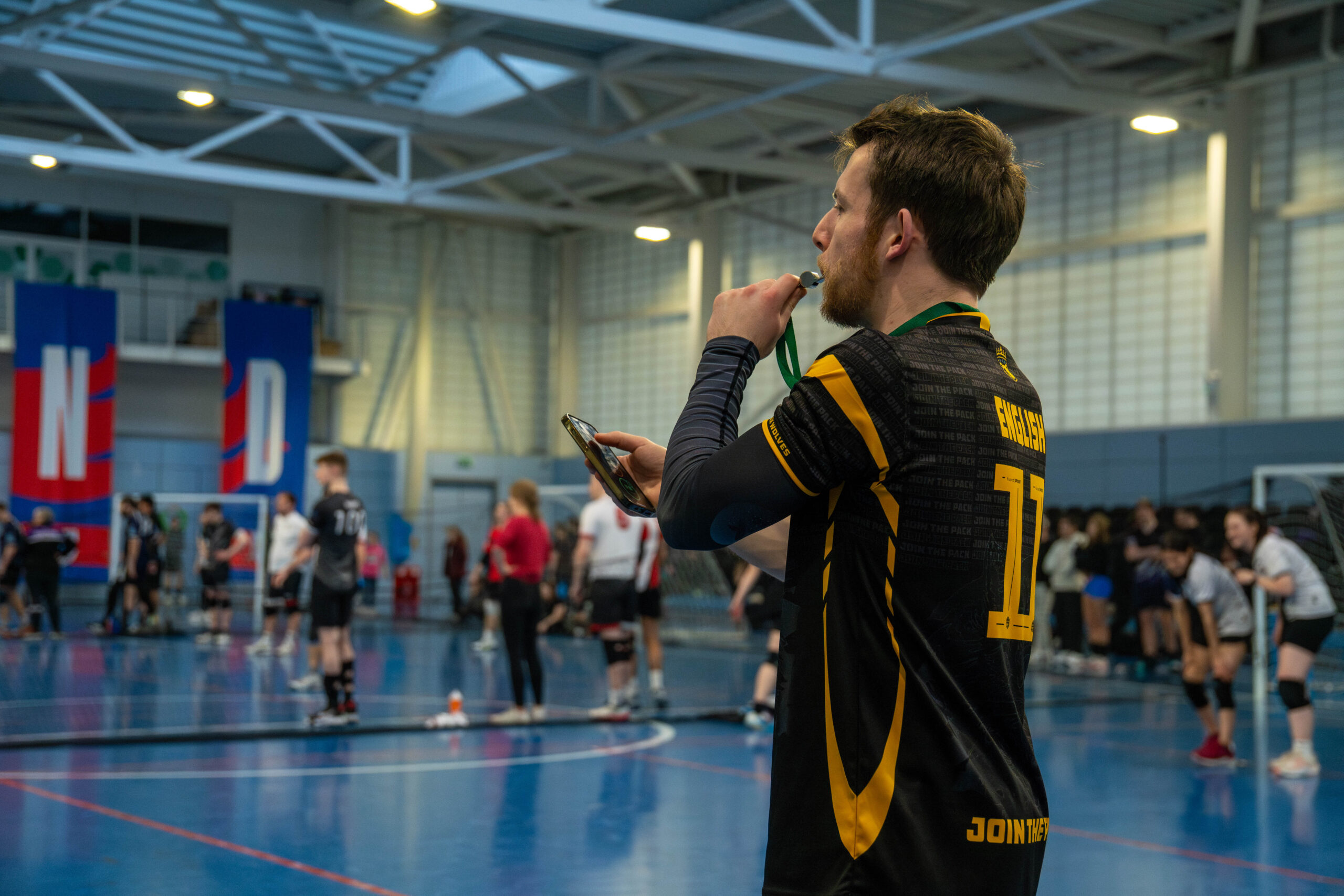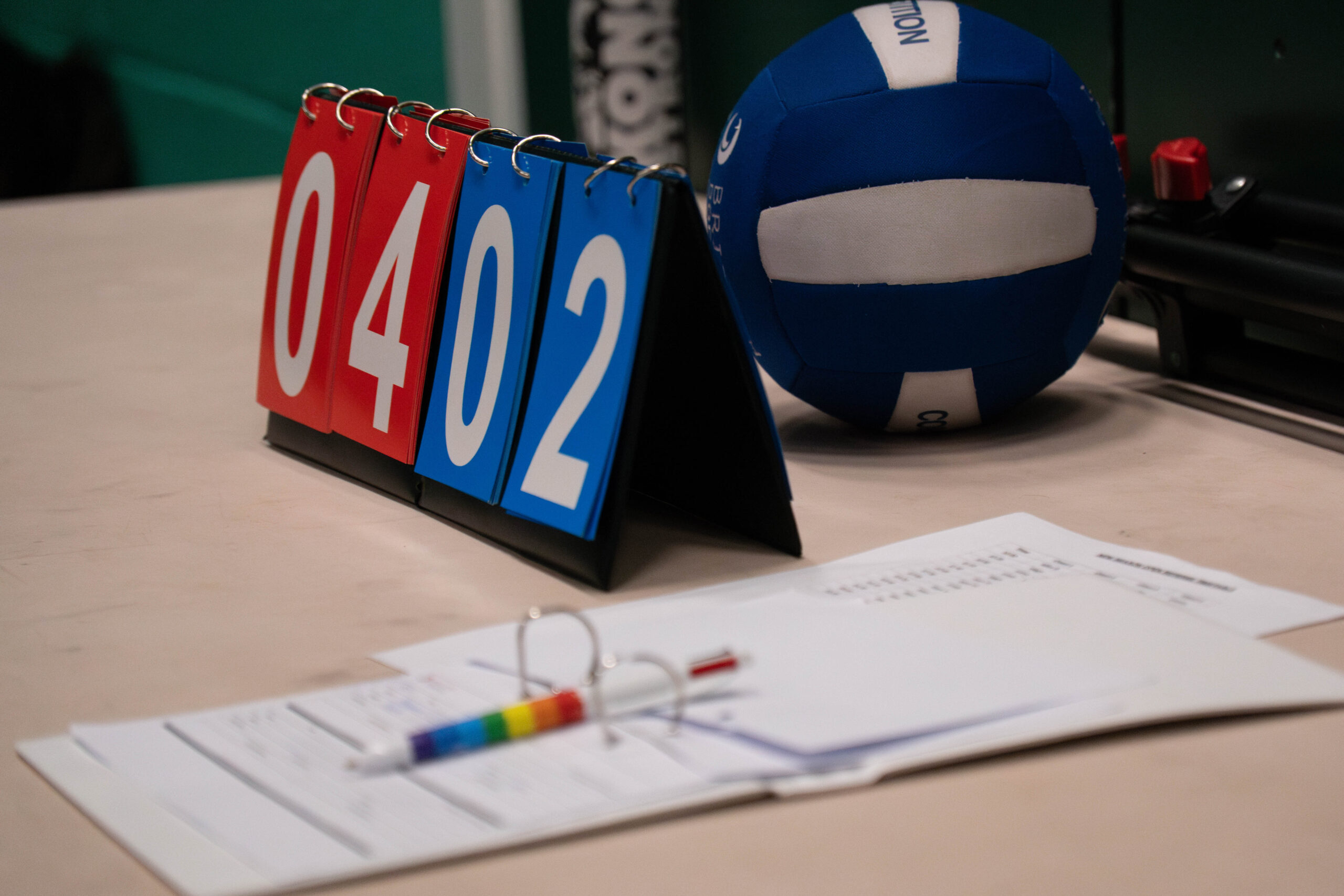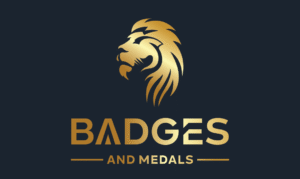RULES & REGULATIONS

Rules
British Dodgeball Rules - 25/26 (Ver 1.8)

Regulations
British Dodgeball Regulations - 25/26 (Ver 1.8)
DODGEBALL CODE
All dodgeball players have a duty to ensure they play by the rules and uphold themselves to the highest standards. Highly competitive play is encouraged but should never be displayed as cheating. If you respect your opponents, respect your officials and the decisions they make, then you respect the spirit of the dodgeball. This will increase the integrity of the sport and the joy of play for all. Below is the full official British Dodgeball Code of Conduct as well as summarised versions of the Dodgeball Code.







